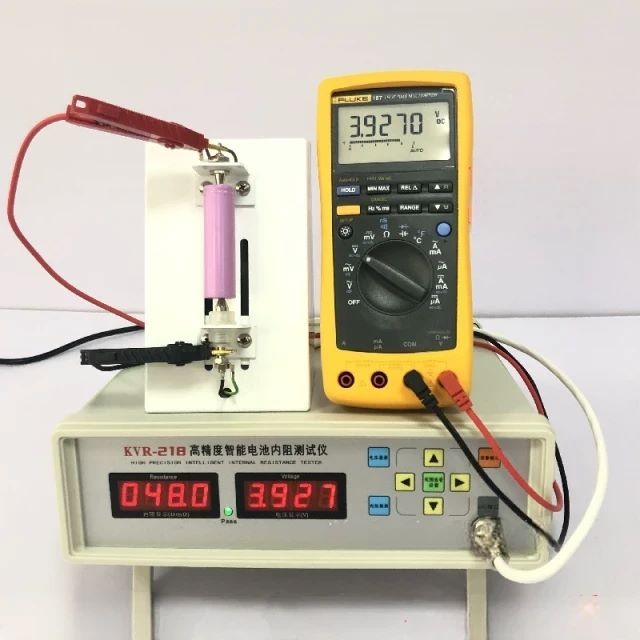
battery material
Internal Battery Resistance Tester
Item Number : BC-08
Price varies based on specs and customizations

Shipping:
Contact us to get shipping details Enjoy On-time Dispatch Guarantee.
Why Choose Us
Reliable PartnerEasy ordering process, quality products, and dedicated support for your business success.
Application
Function:
- The internal resistance and voltage parameters of the measured object can be displayed digitally at the same time. (Test racks, test leads, and clips can all be used)
- There are intelligent alarm test or normal test mode selection. (Ordinary tests only display the voltage and internal resistance parameters, and the intelligent alarm test can automatically judge whether any parameter of the measured object is qualified or not, and at the same time give sound and light prompts, which can realize the test without manual judgment.)
- Digital display upper and lower limit parameters, intuitive and clear.
Scope of application:
- Lithium-ion, lithium-polymer batteries and finished batteries;
- Ni-MH, Ni-Cd batteries;
- Lead-acid batteries and maintenance-free batteries;
- It is also applicable to scientific research units and manufacturers of various battery research tests.
Detail & Parts
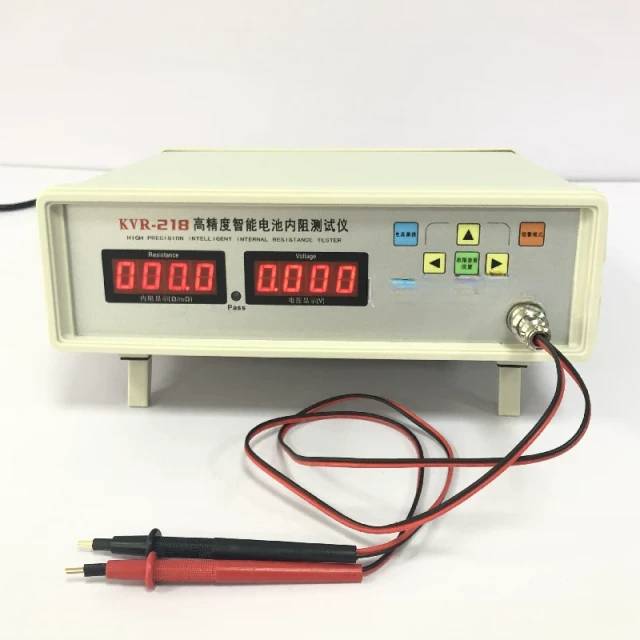
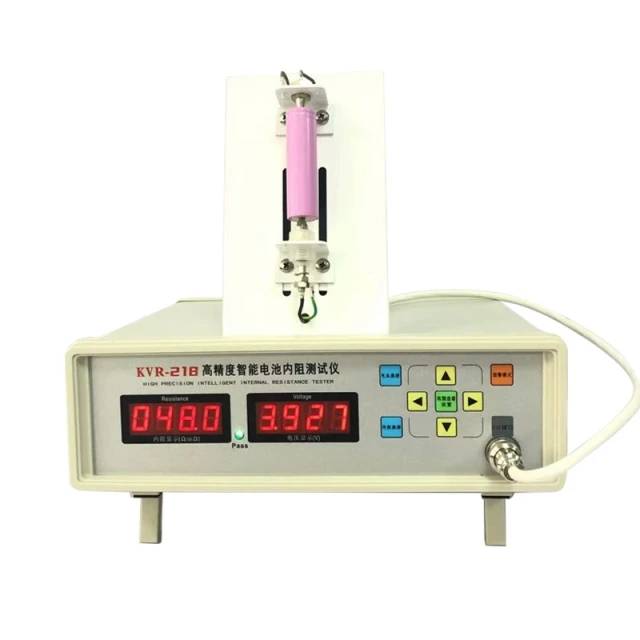



Technical specifications
| Function | Range | Measuring range | Resolution | Measurement time | precision |
| Internal resistance | 200mΩ | 2-200mΩ | 0.lm g | 10mS | ±0.5mΩ |
| 2Ω | 1mΩ-2Ω | ImΩ | 10mS | ± ImΩ | |
| Voltage | 5V | 0-4.999V | 0.001V | 10mS | ±0.001V |
| 50V | 0·49.99v | 0.0IV | 10mS | ±0.0IV |
FAQ
What Types Of Batteries Can Be Tested Using A Battery Comprehensive Tester?
What Are The Main Functions Of A Battery Internal Resistance Tester?
What Is The Purpose Of An 8-channel Battery Sub-container Capacity Tester?
What Does A Handheld Lithium Battery Analyzer Do?
What Is The Function Of A Cylindrical Battery Steel Case?
4.8
out of
5
This tester is a real game-changer. It's so easy to use, and the results are incredibly accurate. I've been using it for a few weeks now, and it's saved me a lot of time and hassle.
4.9
out of
5
I'm really impressed with the quality of this tester. It's built to last, and it comes with a comprehensive warranty. I've been using it for a few months now, and it's still going strong.
4.8
out of
5
The value for money of this tester is unbeatable. It's packed with features, and it's incredibly affordable. I've been using it for a few weeks now, and it's already paid for itself.
4.9
out of
5
I'm so glad I bought this tester. It's made my job so much easier. I've been using it for a few months now, and it's still working perfectly.
4.7
out of
5
This tester is a must-have for any lab. It's incredibly accurate, and it's very easy to use. I've been using it for a few weeks now, and it's already saved me a lot of time.
4.9
out of
5
I'm really impressed with the technological advancement of this tester. It's so much more advanced than the old tester I was using. I've been using it for a few weeks now, and it's made a big difference in my work.
4.8
out of
5
The speed of delivery of this tester was incredible. I ordered it one day, and it arrived the next day. I've been using it for a few weeks now, and it's working great.
4.7
out of
5
I'm really happy with the durability of this tester. I've been using it for a few months now, and it's still going strong. I'm confident that it will last for many years to come.
4.8
out of
5
I'm really impressed with the customer service of this company. I had a question about the tester, and they responded to my email within a few hours. They were very helpful and knowledgeable.
REQUEST A QUOTE
Our professional team will reply to you within one business day. Please feel free to contact us!
Related Products
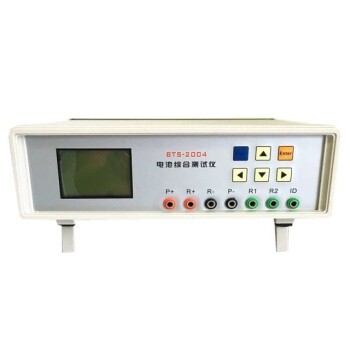
Battery Lab Equipment Battery Capacity and Comprehensive Tester
The scope of application of the battery comprehensive tester can be tested: 18650 and other cylindrical, square lithium batteries, polymer batteries, nickel-cadmium batteries, nickel-metal hydride batteries, lead-acid batteries, etc.

Battery Lab Equipment 304 Stainless Steel Strip Foil 20um Thick for Battery Test
304 is a versatile stainless steel, which is widely used in the production of equipment and parts that require good overall performance (corrosion resistance and formability).

High Purity Zinc Foil for Battery Lab Applications
There are very few harmful impurities in the chemical composition of zinc foil, and the surface of the product is straight and smooth; it has good comprehensive properties, processability, electroplating colorability, oxidation resistance and corrosion resistance, etc.

Laboratory Hydraulic Press Lab Pellet Press for Button Battery
Efficiently prepare samples with our 2T Button Battery Press. Ideal for material research labs and small-scale production. Small footprint, lightweight, and vacuum-compatible.
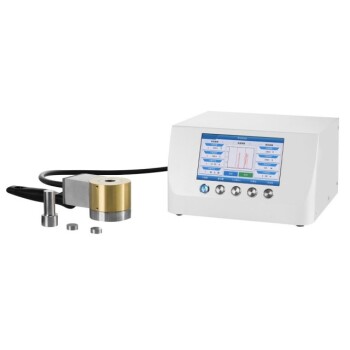
Cylindrical Lab Electric Heating Press Mold for Laboratory Applications
Efficiently prepare samples with Cylindrical Lab Electric Heating Press Mold. Fast heating, high temp & easy operation. Custom sizes available. Perfect for battery, ceramic & biochemical research.
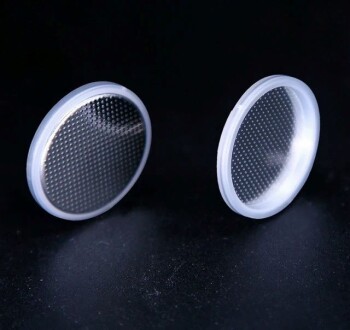
Button Battery Case for Battery Lab Applications
Button batteries are also known as micro batteries. It looks like a small button-shaped battery. Usually larger in diameter and thinner in thickness.

Button Battery Case Gasket for Battery Lab Applications
The gasket prevents the deformation of the internal material, and the spring sheet is conducive to the tight contact inside the battery to prevent loosening.

Cylindrical Battery Steel Case for Battery Lab
Lithium-ion battery casing suppresses battery polarization, reduces thermal effects, and improves rate performance.
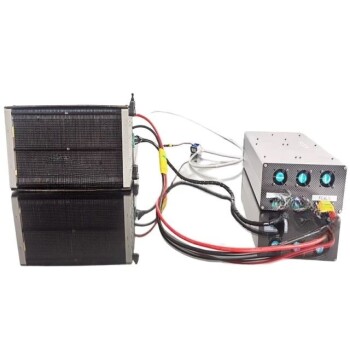
Hydrogen Fuel Cell Stack Battery Lab Equipment
A fuel cell stack is a modular, highly efficient way to generate electricity using hydrogen and oxygen through an electrochemical process. It can be used in various stationary and mobile applications as a clean and renewable energy source.

Platinum Sheet Electrode for Battery Lab Applications
Platinum sheet is composed of platinum, which is also one of the refractory metals. It is soft and can be forged, rolled and drawn into rod, wire, plate, tube and wire.

Hydrophilic Carbon Paper TGPH060 for Battery Lab Applications
Toray carbon paper is a porous C/C composite material product (composite material of carbon fiber and carbon) that has undergone high-temperature heat treatment.
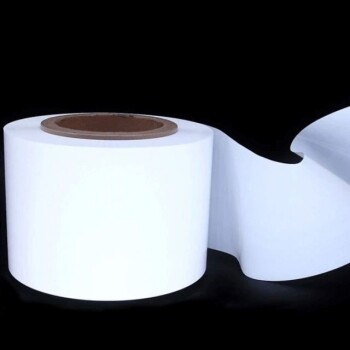
Polyethylene Separator for Lithium Battery
The polyethylene separator is a key component of lithium-ion batteries, located between the positive and negative electrodes. They allow the passage of lithium ions while inhibiting electron transport. The performance of the separator affects the capacity, cycle and safety of the battery.
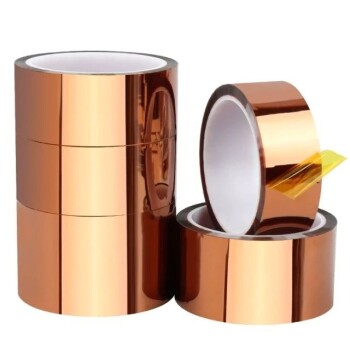
Lithium Battery Tab Tape for Battery Lab Applications
PI polyimide tape, generally brown, also known as gold finger tape, high temperature resistance 280 ℃, to prevent the influence of heat sealing of soft pack battery lug glue, suitable for soft pack battery tab position glue.
Related Articles

Revolutionizing Quality Control: The Ultimate Guide to Handheld Lithium Battery Analyzers
Explore the advanced features and applications of handheld lithium battery analyzers, including 24/7 operation, fast analysis, and precise elemental composition. Ideal for mass production and quality control in various industries.

Comprehensive Guide to Handheld Lithium Battery Analyzers: Features, Applications, and Maintenance
Explore the advanced capabilities of handheld lithium battery analyzers, including their use in quality control, recycling, and resource analysis. Learn about daily maintenance and industry applications.

Guide to Reference Electrodes in Electrochemical Measurements
Detailed guide on reference electrodes, their use, maintenance, checking methods, regeneration, storage, and applications.
How Leak Rate Testing Protects Vacuum Furnace Performance and Product Quality
Learn how leak rate testing with helium spectrometry protects vacuum furnace performance, prevents contamination, and ensures product quality in aerospace and semiconductor manufacturing.